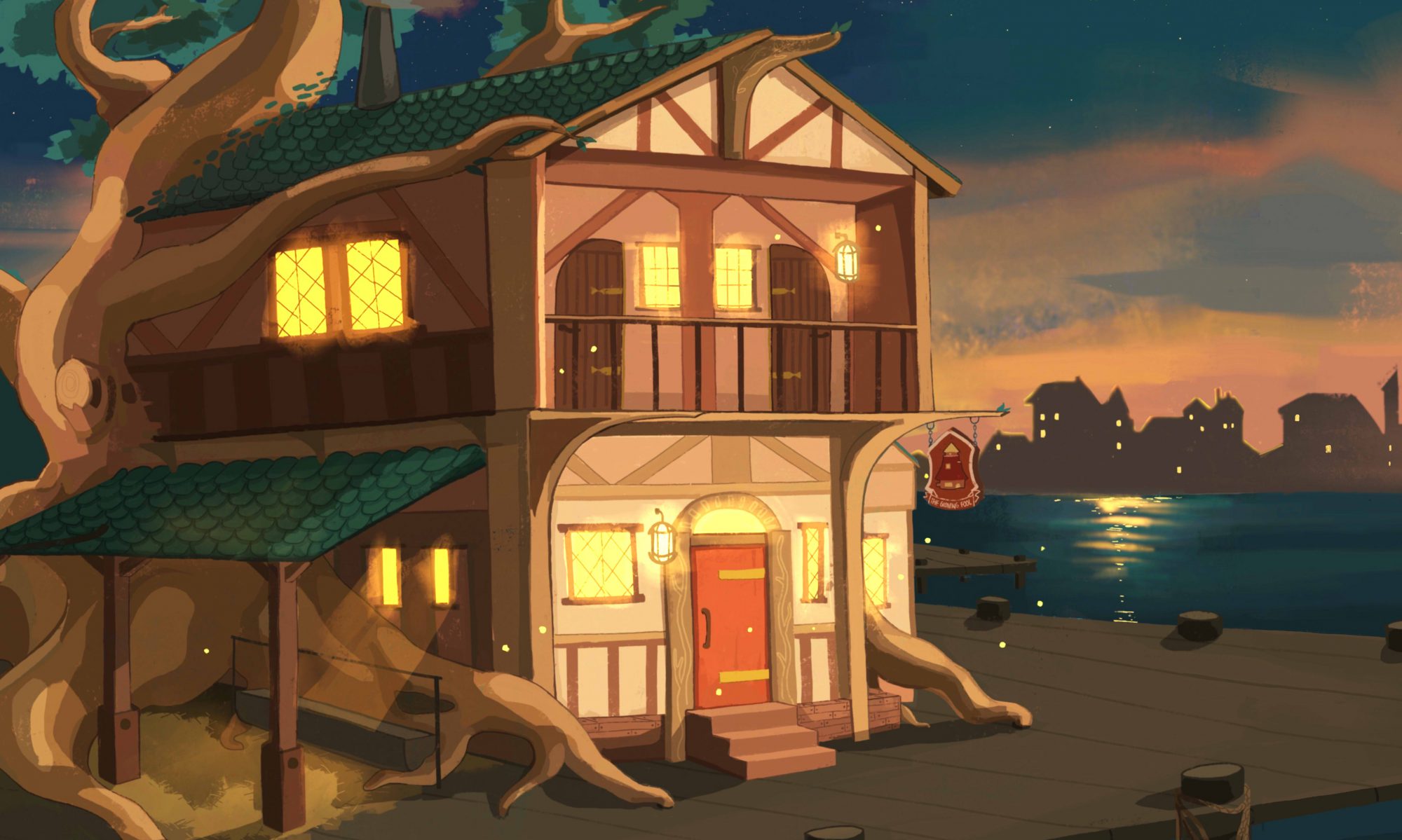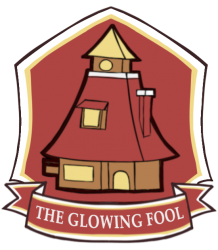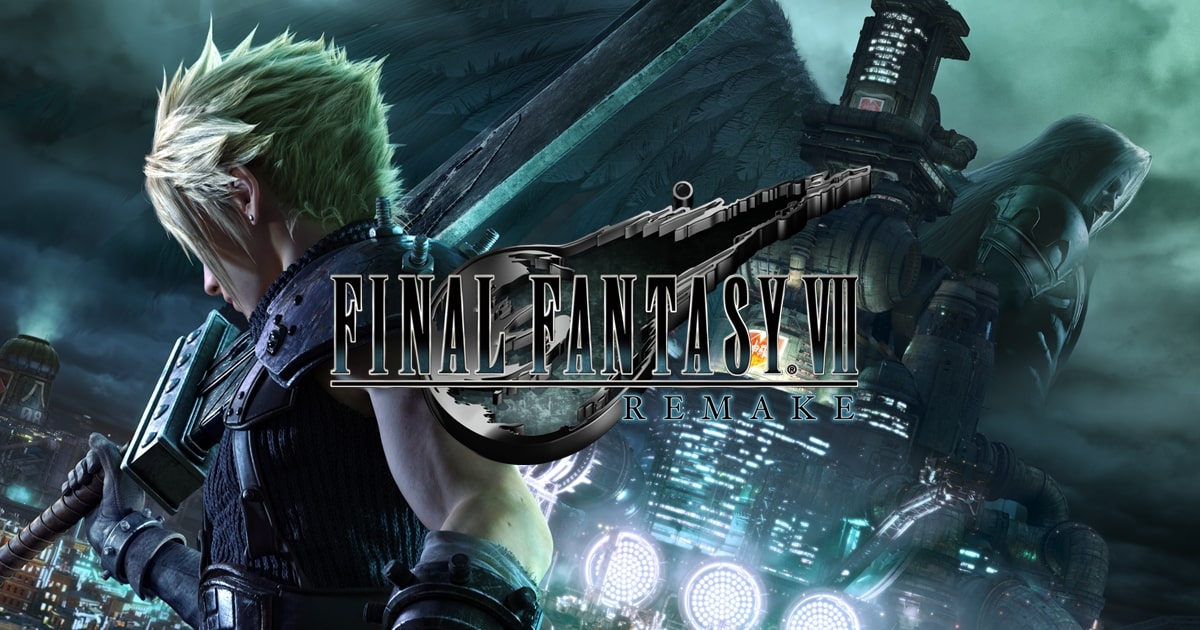Due to COVID-19, I’ve had the time to sink my teeth into the new Final Fantasy VII Remake. As someone who never played the original Final Fantasy VII game, I’ve thoroughly enjoyed running around Midgar causing trouble, and swinging the hilariously impractical buster sword. True to it’s reputation, the story of FF7 is great, and this is in no small part to the wonderfully colorful cast of characters that I get to interact with, through the eyes of the game’s main protagonist, Cloud Strife.
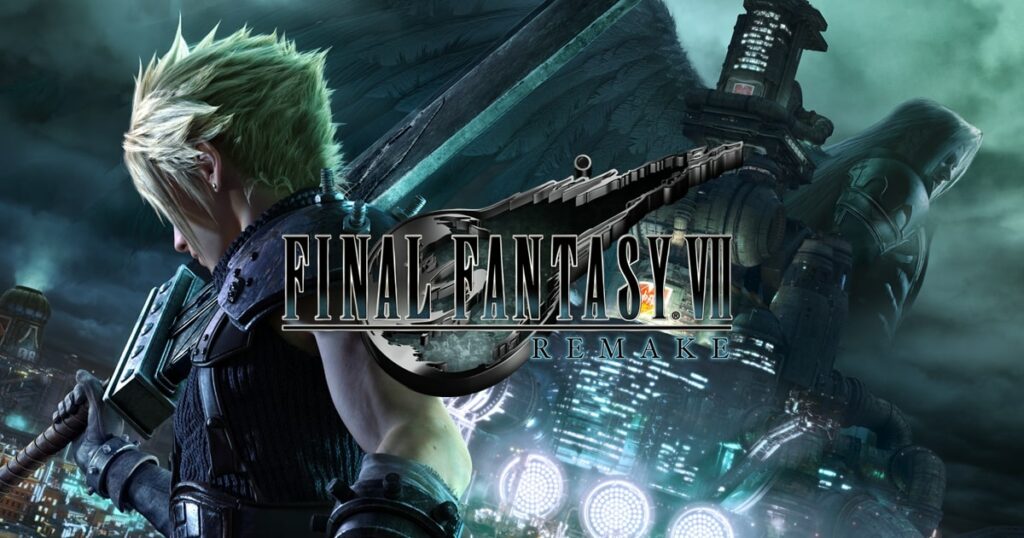
In playing through the story of the game, I couldn’t but help to start noticing the parallels between the story structure and relationships occurring in the game, with what you would typically find in a Dungeons & Dragons campaign. This is probably no major surprise, Final Fantasy games are generally premised on the concept of “parties” going on a grand adventure together. But what I did find interesting, was how the game’s story structure managed to create motivation for Cloud to participate in the adventure given his personality type. Without mincing words, at face value Cloud is, what many in the D&D community would consider, an edgelord. He is a character that (1) only cares for himself, (2) considers himself better than everyone else around him, and (3) broods, a lot. It is precisely for these reasons that if you were to ask any D&D player, more often than not, they will complain about how edgelord player-characters make the game infinitely more difficult for everyone else, because of the edgelord’s tendency to not participate (or be interested) in the affairs of the group, and to be an extremely annoying character to interact with.
But this didn’t happen in FF7. And I think it is because of how the writers introduced certain elements into Cloud’s interaction with the other characters, so that despite his drawbacks as an edgelord, he gradually managed to overcome them to become a functioning contributor to the team as a whole. And I think these elements can be recreated by players in a D&D campaign, to make an edgelord PC more viable.
An initial motivation
One of the most challenging aspects of dealing with edgelord characters is giving them a reason to stay with the party. In FF7, they addressed this with a very simple and straightforward motivation, money. The party hired Cloud for a job, and Cloud just wanted to get paid. Beyond that, Cloud then continued to stay with the party because they had proven to be an effective channel of accumulating more money. This setup made it so that Cloud had reason to journey with the party for a longer period of time .
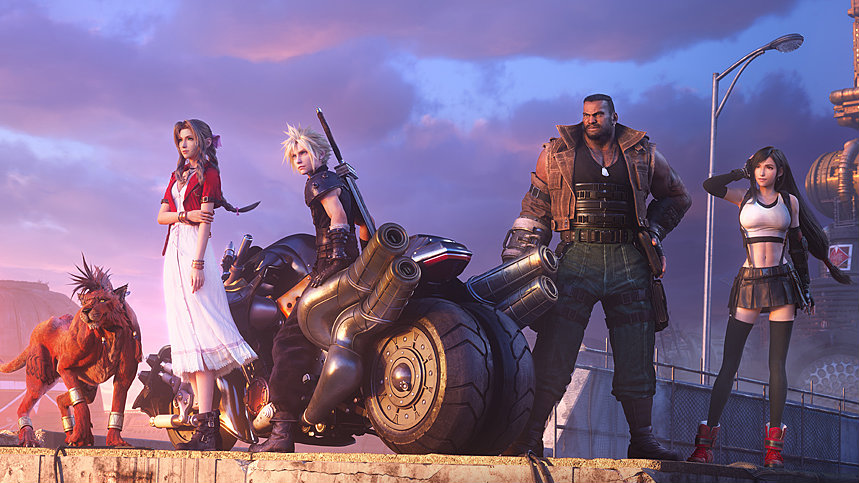
For DMs, this is a very good exercise in making sure that your party’s individual goals align with the goals of the group.
In a D&D context, a setup where the edgelord PC has a simple and straightforward stated goal, and the party being “gatekeepers” (or providers) to accomplishing that goal, makes it so that the edglord PC and the party’s goals align (at least for the short term). Misaligned goals is one of the primary reasons why a party with an edgelord PC end up imploding. Because eventually the edglord will abandon, betray, or simply leave the groupbecause they no longer felt they were getting what they wanted. (ie. “It’s what my character would do.”)
They gradually replaced it with deeper motivation
However, this is only a temporary solution. Eventually, the edgelord character will need a much stronger motivation to stay with the group and continue adventuring (especially in a long campaign). In the context of Cloud in FF7, as the story progressed, his motivation for staying with the group gradually shifted from money, to wanting to stay because he slowly started to genuinely care for the other members of the party. To the point that if they were to ask for help, he no longer needed the initial motivation of money to spur him to action. He simply did it because he had already built a relationship with them, and he just wanted to help.
This highlights the very important aspect of inter-party relationships to a D&D campaign. Aligning the party’s goals with each individual PC’s objective will work as an initial catalyst for that group forming and working together, but it can only go so far. Past a certain point in a story’s development, goals may start to conflict, or pursuing shared goals may no longer be convenient or aligned with individual ones. This can happen for any number of reasons, perhaps individual goals are time sensitive, or perhaps PCs need to muster up justification for spending so much effort in assisting others.
It is at this point that inter-party relations become crucial. Ideally at this point, PCs should want to help their comrades just because of the relationship that they have established. This could be in the form of friendship, love, or just an acknowledgement of a quid pro quo arrangement between PCs. In whatever form these relationships take, the objective for building these relationships is that so they may serve as the bedrock for why this party continues to go on adventures together. With individual goals and objectives now being relegated to a secondary motivation.
They acknowledged his strengths
From a game-mechanics perspective, Cloud is no better or more powerful than any of the other characters. In fact, in some cases he is even weaker (that big sword isn’t going to be very helpful against a flying enemy).
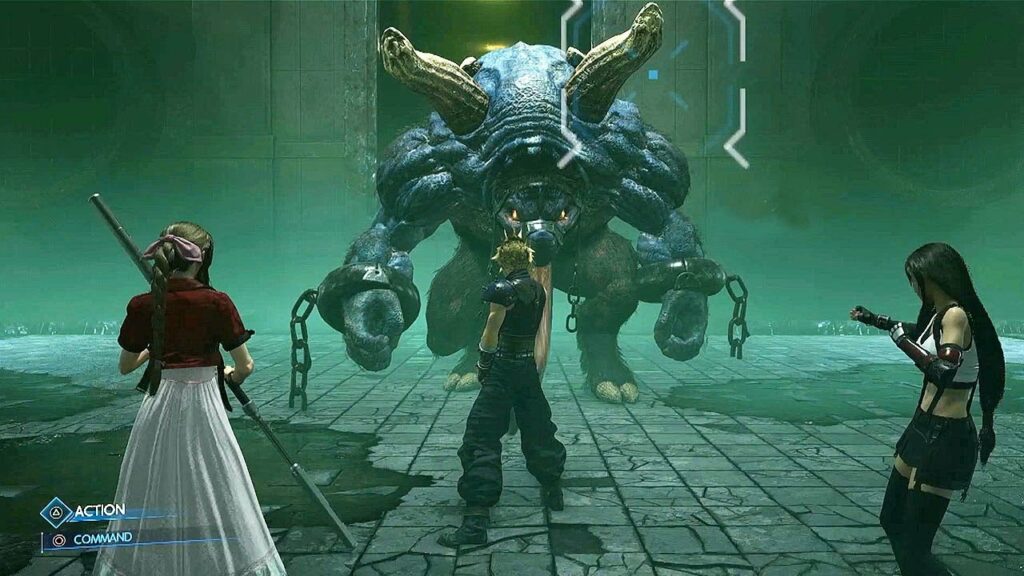
Ultimately, players want an edgelord character because they want to satisfy some type of power fantasy, the desire to be someone who’s powerful/skilled/capable. There’s nothing wrong with that, and it’s directly in line with the escapism that D&D allows. The only issue is that when the desire to be perceived as powerful comes at the expense of everyone else. In FF7, the writers allowed Cloud (and by extension, the player) the power fantasy of being strong. The other characters acknowledged his strength. They asked for his help, and in doing so managed to engage Cloud into their adventure.
Translating this into the context of a D&D game will take the participation of other players and their characters. Asking their PCs to acknowledge the edgelord’s strength, and the value that they bring to the group. This can be done through a bit of “meta” coordination between the players. Perhaps the edgelord PC’s player can ask another player at the table to help them “draw out” their character, so that they can build up the foundations of a relationship so that they may fully engage with the group.
Personally, as a prideful person, I can understand how this may be difficult for some players to do. But I try to remind myself that acknowledging someone else’s strength doesn’t mean that I myself am not strong. The same could be said for your own characters.
Of course, the points I’ve outlined above isn’t the “one all, be all” method for handling this type of character. There are any myriad of ways to help PCs to be able to better interact and work together. The most simplest and straightforward method of them all being, having a Session 0 with all the players so that they can all discuss their character concepts together to ensure that there is no direct conflict between them all (Seriously, I can not emphasize enough the importance of a session 0). But I do think that Cloud’s experience in this game has something to show us about how we can incorporate edgelord characters into our games.
Earl is what you would call a Dungeons & Dragons addict. He watches D&D shows, prowls the D&D forums, and basically lives, breathes, and eats D&D (It’s no joke, he literally listens to the D&D Podcast while eating). He likes to be thought of as the “lead fool” as he guides us all through the silliness of D&D.
For his day-job. Earl is an ERP Consultant with the Nomura Research Institute (NRI). He is also a Shaper with the Global Shapers: Hong Kong Hub.
